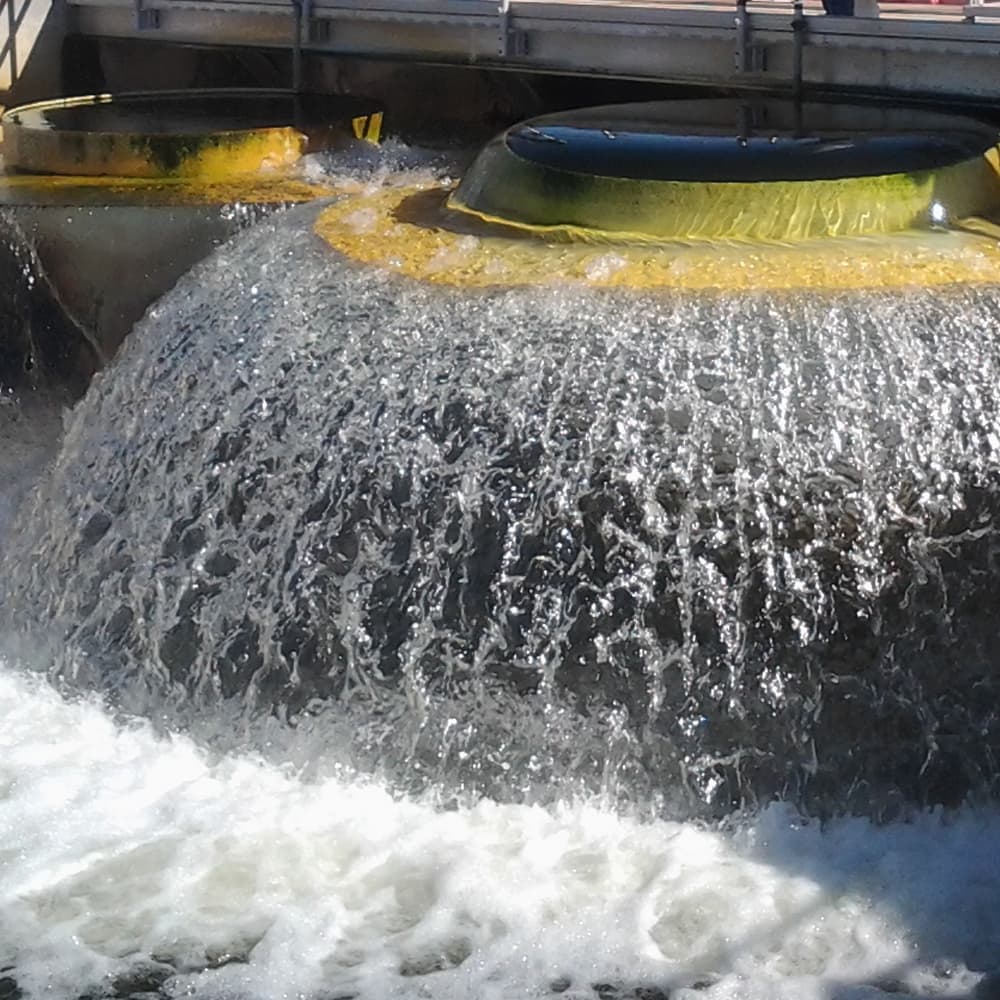AMWUA Blog
BY: Warren TenneyAdvanced Water Purification is an attainable water solution

Municipal water providers are always planning ahead by looking at new, innovative ways to bolster and stretch their water supplies. A viable option for water managers is maximizing recycled water using advanced purified water treatment technology. Recycling water is a safe, reliable, locally controlled, drought-proof water source that enhances our overall water reliability by further diversifying water portfolios. This is especially important as we face a long-standing drought, Colorado River shortage, and groundwater challenges.
Recycling water is not new. The reality is all water is recycled as the amount of fresh water on the planet is fixed. We take water from a river or aquifer, use it, process it, and return it to the river and aquifer again and again. Using this new advanced technology to purify recycled water shortens the timeframe of that cycle and provides a water supply of higher quality than what occurs naturally. The treatment process, called Advanced Water Purification (AWP) , takes away nature’s holding “pond” so that the water gets resupplied directly back into the drinking water system versus going to a lake or aquifer and then later recovered.
The impact of this technology will be significant. While the AMWUA cities already have multiple water sources , this technology enables your water provider to be better prepared for long-term and any short-term challenges that may arise. Advanced Water Purification is an additional, innovative way to supplement the water supply without taxing the environment. It allows our communities to stretch their water supplies, which further ensures we can be sustainable now and into the future. Ultimately, utilizing our recycled water to its full potential is a critical water augmentation strategy that can be available far sooner than other options dependent upon importing water into Arizona.
The list of benefits that Advanced Water Purification brings is vast, but unfortunately, when this topic arises, frequently so does an ick factor. While we have all heard the unflattering phrase “toilet-to-tap,” we are here to clearly state that phrase is inaccurate. It does a disservice to this pioneering water treatment technology designed to convert recycled water into safe, reliable, purified water that can supplement water portfolios with a sustainable water source that is not impacted by weather. This is significant as we battle our changing environment, especially in the desert and across the West.
Here are the real facts about Advanced Water Purification:
It’s safe and even more pure than bottled water. Advanced Water Purification uses proven technology to purify already treated recycled water through ozonation, membrane ultrafiltration, reverse osmosis, and ultraviolet photolysis. The multiple treatment methods ensure the water is strictly monitored in real-time to ensure it meets or exceeds state and federal drinking water standards.
It’s already being utilized. Advanced Water Purification has been successfully used to supplement drinking water in many communities in the United States and worldwide. Regional projects have been implemented in California and Texas, with other projects throughout the United States scheduled to come online soon. Additionally, a demonstration-scale facility is currently online in Scottsdale, providing the opportunity for the community to see a treatment system and sample the purified water produced.
It is drought-proof. Advanced Water Purification is a drought-proof water supply. It can provide a safe, sustainable water source that is independent of climate or weather.
It is a sustainable water supply option. Advanced Water Purification provides a sustainable and cost-competitive water supply option using less energy than many other new water supply options.
As of last week, Advanced Water Purification is one step closer to becoming a viable treatment tool for water providers across the state and many cities here in the Valley to recycle their water supplies to a higher level. The Arizona Department of Environmental Quality (ADEQ) unveiled its proposed roadmap to regulate Advanced Water Purification in Arizona.
All of the AMWUA cities have already been maximizing the use of their treated wastewater for decades. Over that time, it has been utilized to irrigate sports fields, golf courses, and commercial landscapes, create riparian habitats, and recharge groundwater aquifers for storage underground for use during shortage. Now, many will look to invest in Advanced Water Purification so they can maximize this water source even further. However, this is not a new concept here in the Valley.
Scottsdale has already been utilizing this innovative technology at its Advanced Water Treatment Plant for over 20 years. Scottsdale Water was the first provider in Arizona to be permitted for direct potable reuse to demonstrate how that can be done. While not added to its drinking water distribution system, this long-standing pilot project has provided valuable information about the technology to ADEQ and other water providers.
Additionally, Phoenix Water , in partnership with ADEQ and other stakeholders, is spearheading this revolutionary water management approach in the Valley. The proposed regional Advanced Water Purification facility and the Cave Creek Water Reclamation Plant rehabilitation project are central to this initiative. The Cave Creek plant will be equipped with state-of-the-art purification technologies, laying the foundation for the larger regional plant to significantly bolster Phoenix's water sustainability efforts.
All of these efforts are important steps forward for Arizona water providers in making Advanced Water Purification a reality, which is a great thing for Arizona as we collectively develop a significant and attainable solution for our water challenges.
To print or save this week's blog, a PDF version is available HERE .
For over 50 years, the Arizona Municipal Water Users Association has worked to protect our member cities' ability to provide assured, safe, and sustainable water supplies to their communities. For more water information, visit www.amwua.org .
